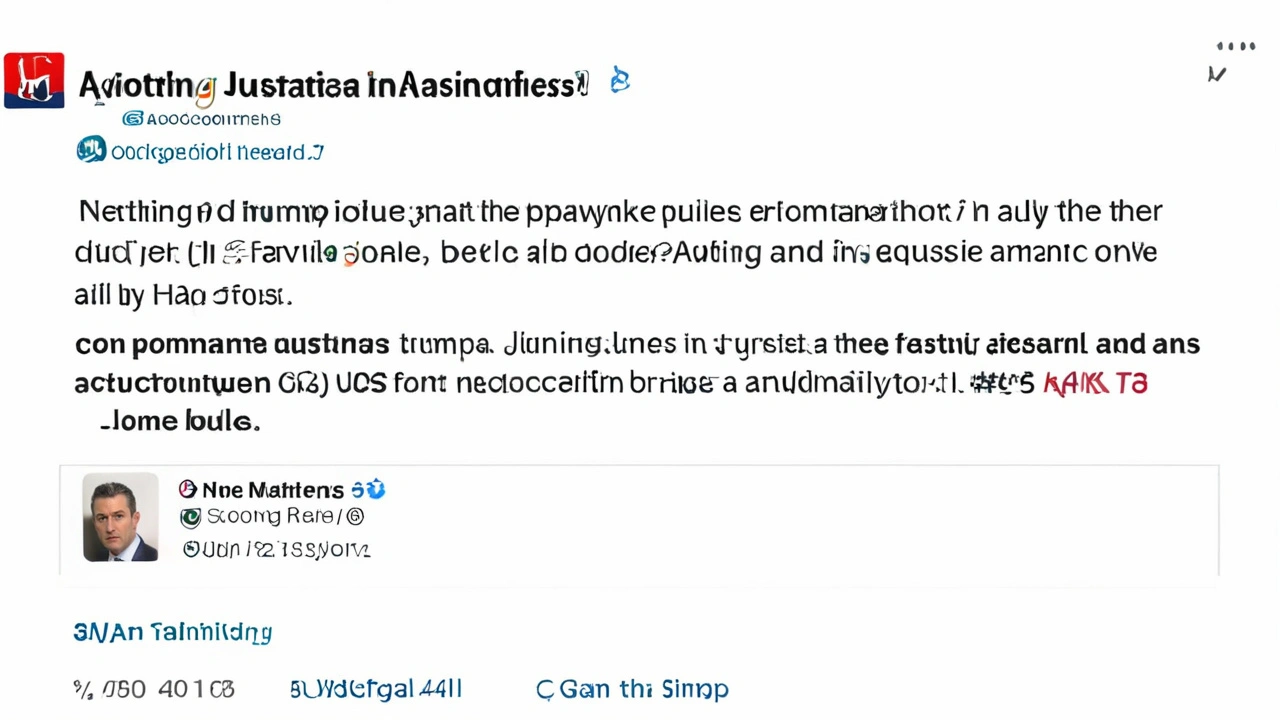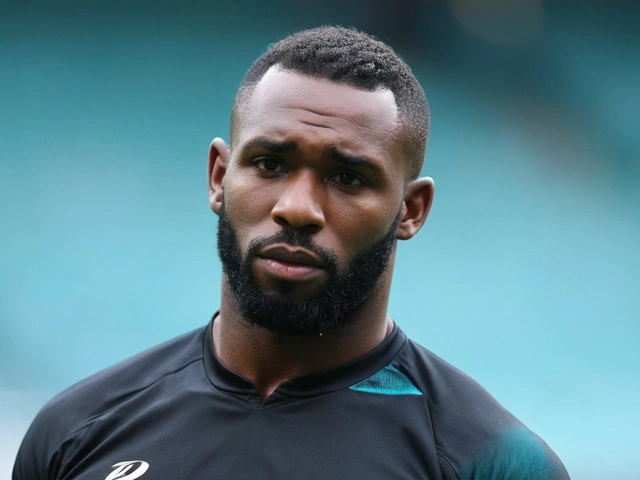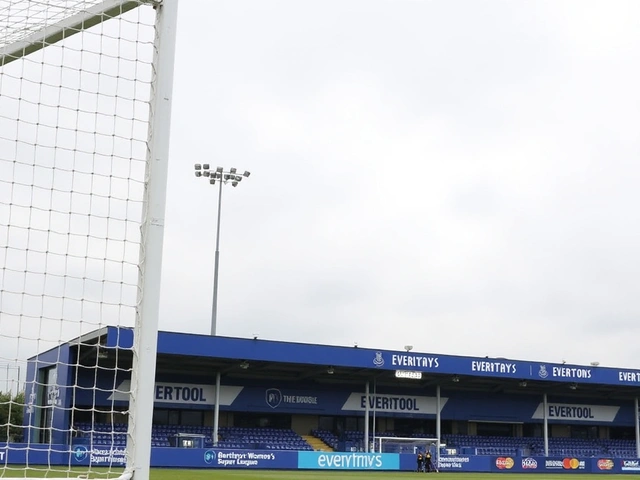
Sky News found itself at the center of a social media storm following its controversial coverage of the assassination attempt on former President Donald Trump. The backlash stemmed from an original headline that many perceived to be assigning some level of responsibility to Trump himself for the violent incident. This generated ire and fierce debate among social media users and political analysts alike.
The FBI has identified the assailant as Thomas Matthew Crooks, a 20-year-old man from western Pennsylvania. The young shooter’s motives are still under investigation, but what has become clear is that the incident has caused significant upheaval in an already divided political landscape. Trump's survival of the attack, after being hit in the right ear, and subsequent discharge from the hospital, has only added another layer of complexity to the developing story.
Initially, Sky News ran a headline that seemingly suggested Trump’s own actions and words had incited the attack. The exact wording was not preserved in the subsequent retractions and edits, but the public's reaction was swift and vociferous. Accusations of biased journalism and irresponsible reporting flooded social media platforms, amplifying a broader concern about media integrity and accountability. The immediate outrage led to a rapid revision of the headline, this time focusing on the broader issue of America’s politically charged environment.
Despite the swift changes, traces of the original headline persisted in the story's URL. This seemingly minor oversight kept the controversy alive, as critics pointed out that the digital footprint was enough to sustain accusations of a slanted portrayal of the events. Sky News’ revision did little to quell the storm, as the new headline prompted discussions about the need for a political reset in the United States—a topic charged with its own set of divisive opinions.
The issue didn’t stop at the revised headline. High-profile individuals, including Sky News correspondent James Matthews, commented that Trump's past rhetoric and policies had contributed to an increasingly hostile political atmosphere. Matthews argued that the contentious nature of Trump’s presidency had inevitably led to heightened tensions, making such violent incidents more likely. However, this stance only widened the gap between Trump supporters and critics, serving as a microcosm of the broader national divide.
Meanwhile, Sky News, along with its parent company Comcast, have chosen to remain silent on the matter. The lack of an official statement or commentary has left the public to speculate and draw their conclusions. Silence in the face of such a significant uproar is unusual for a major news outlet, prompting questions about strategy and internal deliberations at Sky News.
The situation underscores a broader debate about the role of media in shaping public opinion, especially in times of political turmoil. The incident invites a re-examination of journalistic practices and ethical responsibilities. Similar incidents in the past have led to calls for more rigorous standards and an emphasis on impartial reporting. The scrutiny of Sky News’ handling of this particular event serves as a reminder that in the digital age, the consequences of perceived bias can be swift and severe.
Furthermore, the reactions to the shooting and Sky News’ coverage highlight the polarized nature of American politics. While some viewed the initial headline as an understandable, albeit flawed, interpretation of the events, others saw it as a blatant example of media bias. This duality in public perception mirrors the larger reality of a nation grappling with deep-seated ideological differences.
As investigations into Thomas Matthew Crooks continue, the discourse surrounding the attempted assassination and media response to it will likely persist. What becomes evident through this episode is that the responsibility borne by media outlets extends beyond factual reporting. In an era where news consumption is instantaneous and far-reaching, the implications of how a story is framed can have lasting impacts on public discourse.
Sky News’ experience serves as both a cautionary tale and an indicator of the fragile balance that exists between journalism, public opinion, and political ramifications. While the outlet’s attempt to pivot the narrative towards a call for political unity was evident, the lingering aftereffects of the original headline reveal just how critical first impressions in the media can be.
This ongoing case will certainly be a topic of study for media professionals and scholars alike, serving as a benchmark for examining how journalistic practices adapt to the demands of an increasingly polarized and instantaneous news cycle. The story of Trump’s assassination attempt and the subsequent media upheaval continues to unfold, revealing deeper truths about the state of democracy, journalism, and public trust in modern society.





